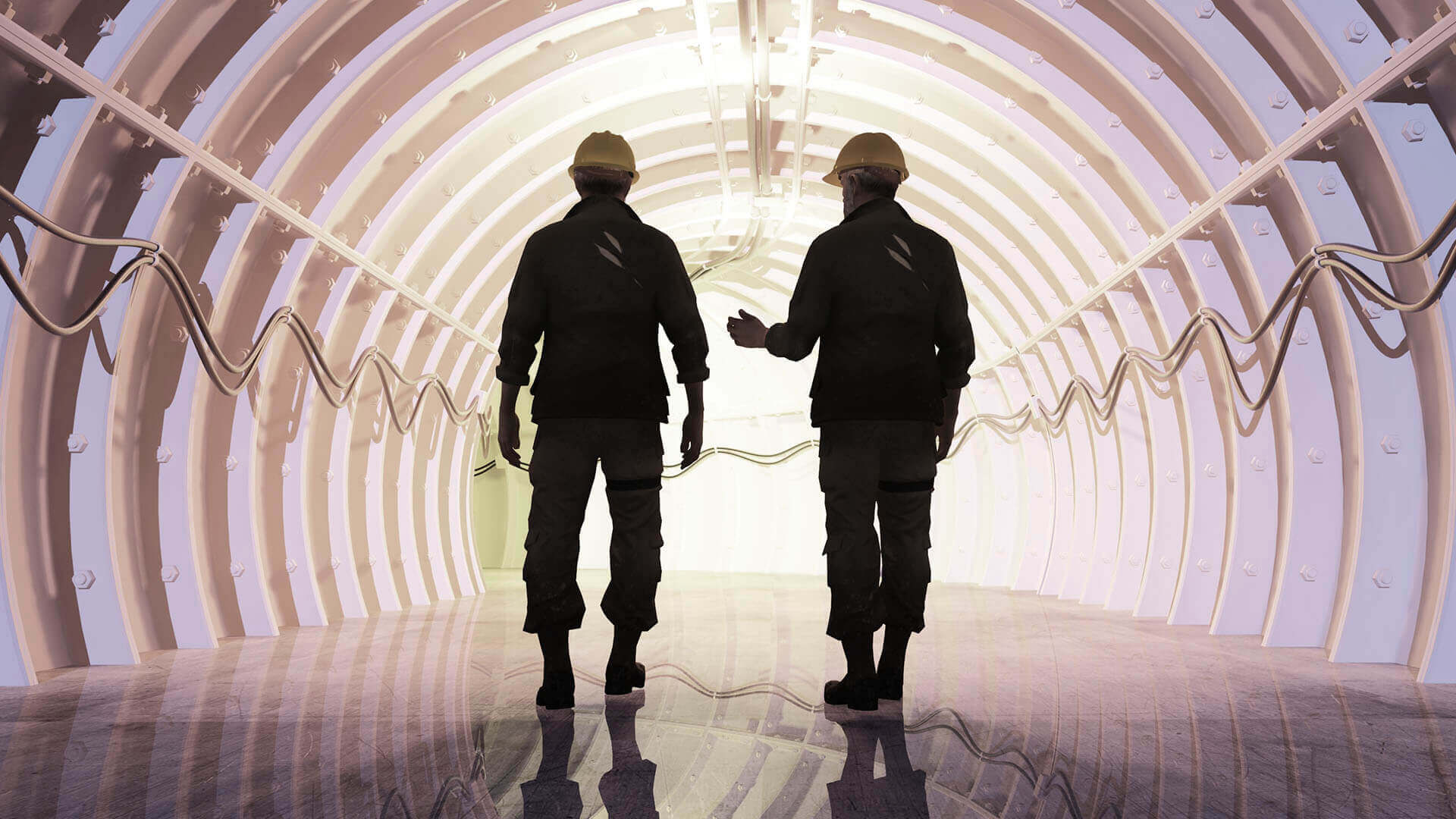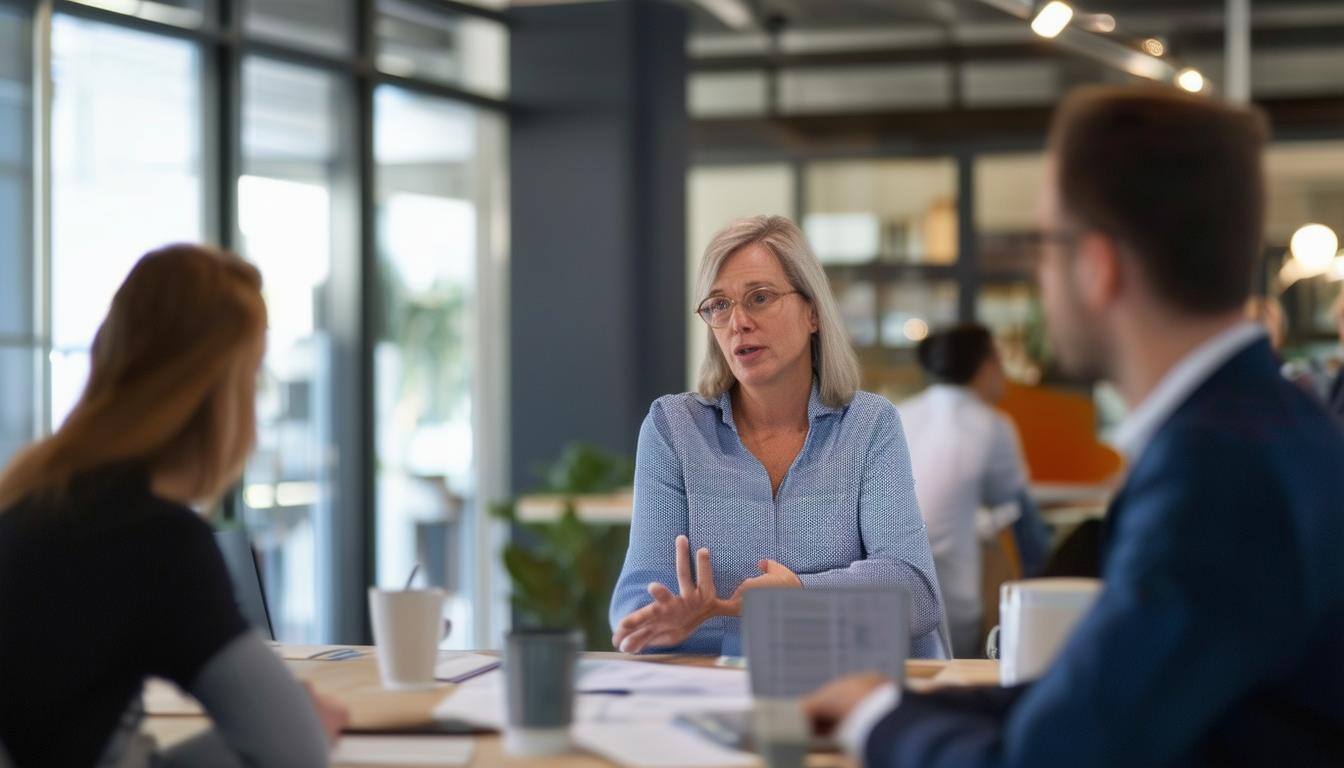IA Insights > Blog
Football, Mindfulness, and the Benefits of Conscious Collaboration
Football, Mindfulness, and the Benefits of Conscious Collaboration
With the support of cardboard fans and recorded cheering, NFL teams are pounding it out on the gridiron. Yes, even during COVID-19, American football season is in full swing!
Years ago I read about how Pete Carroll, head coach of the Seattle Seahawks, teaches mindfulness to his players to enhance personal performance and teamwork. Carroll was inspired by Tim Gallwey’s The Inner Game, which advised athletes experiencing anxiety and lapses in concentration to shift their attention to what was actually happening in any given moment.
Watching a game unfold in this strange new world, I can’t help but wonder if the Seahawks are still using mindfulness techniques to maintain their focus and connection with one another on the field.
VUCA
The COVID environment is an example of a context that leadership coaches might refer to as VUCA: Volatile, Uncertain, Complex, and Ambiguous. Because so much of what we’ve come to rely upon has been disrupted, we need strategies to support us in being our best selves. Tapping into the ability to be more present, focused, and mindful is one of the greatest tools I’ve found for navigating challenging circumstances.
What is Mindfulness?
Renowned teacher of mindfulness, Jon Kabat-Zinn, describes mindfulness as, “the awareness that arises from paying attention, on purpose, in the present moment and non-judgmentally.” Though it is a philosophy and practice with roots in Buddhism, over the years, mindfulness has been adopted by people all over the world.
Thousands of studies have indicated that mindfulness has a positive effect on stress reduction, health, and well-being. Its benefits have been documented in schools, businesses, hospitals, governments, prisons, legal organizations, and of course, elite sports. A recent analysis on mindfulness in the workplace demonstrated that mindfulness-based programs “effectively reduce stress, burnout, mental distress, and somatic complaints, while improving well-being, compassion, and job satisfaction.”
Ahead of the presidential election, CNN’s Anderson Cooper shared his secret for staying grounded and sane during particularly stressful times (hint: mindfulness!). For an excellent conversation about mindfulness between Cooper and Kabat-Zinn, watch this informative video, with a guided meditation at 18:17.
Exercise Mindfulness at Work
I’m a meditation practitioner. As a leadership coach and learning consultant, I’ve helped clients over the years use mindfulness techniques to enhance their performance and personal well-being.
For those who are new to meditation, the best advice I can give is to be gentle with yourselves. Becoming more mindful is a process, and the beauty of it is that every moment is a new opportunity to practice.
As an exercise, see if you can apply mindfulness within your next virtual meeting. Notice where your attention is when your colleagues are speaking. If your thoughts begin to wander, gently bring your awareness back to what the other person is saying. Notice any response in you that arises throughout the meeting. If you find yourself reacting to a coworker, think about where the feeling resides in your body. Be curious. See if a focus on your breath changes the sensations you are experiencing.
Here are 10 ways I’ve benefited from learning to quiet my mind and notice my interactions with others:
- More stamina for dealing with difficult situations
- Greater clarity on what is and is not a priority
- More curiosity when someone’s behavior triggers me
- Faster recovery time from disappointment
- Greater acceptance of “less-than-perfect” outcomes or critiques
- Greater appreciation for differences and other points of view
- Less fear and anxiety
- More scanning for the win-win and envisioning success
- More confidence in my own and team decisions and actions
- Better sleep
Conscious Collaboration
A foundational competence for effective collaboration is the ability to slow down and notice what’s actually going on—to be mindful. Our mission at Interaction Associates is to help people “work better together” to achieve the things that matter most to them. We define “conscious collaboration” as a way of working with others to produce or create something of mutual benefit. The process includes considering one’s own as well as others’ needs, comprehending the contextual reality, and maintaining a keen awareness of the unfolding process. We integrate conscious collaboration into all of our products and services.
The Seattle Seahawks are an example of how training the mind to collaborate in a conscious way can lead to positive and sustainable results. Like Carroll, conscious collaboration can also help us navigate our work-lives during these uncertain times. As the pandemic rages and we continue to face challenges in our work against the backdrop of a healing country, I encourage you to begin or revisit your mindfulness practice and to notice the positive impact on your collaborative endeavors.
For more tips on how to apply conscious awareness to your work, check out my colleague Michael Reidy’s eBook on Conscious Communication in a Virtual World.
About Susan DeGenring
Susan is the founder of StillMind Coaching Solutions. She is a leadership consultant, a board-certified executive and team coach, and a virtual program leader. As former Director of Product Development at Interaction Associates, Susan managed the transformation of IA's product strategy, catalyzing a decade of robust growth, as well as led IA's transition from classroom to virtual learning.





